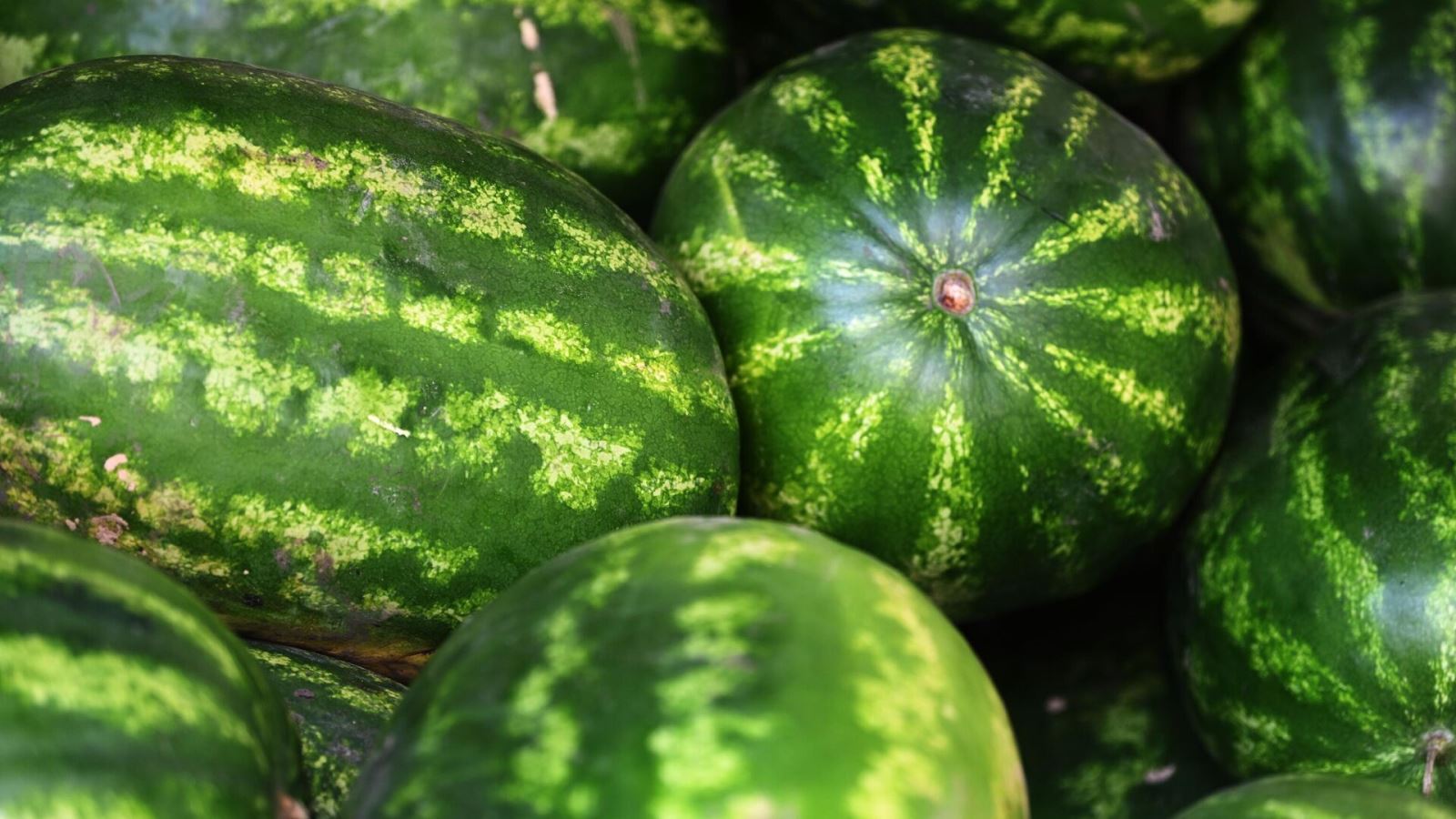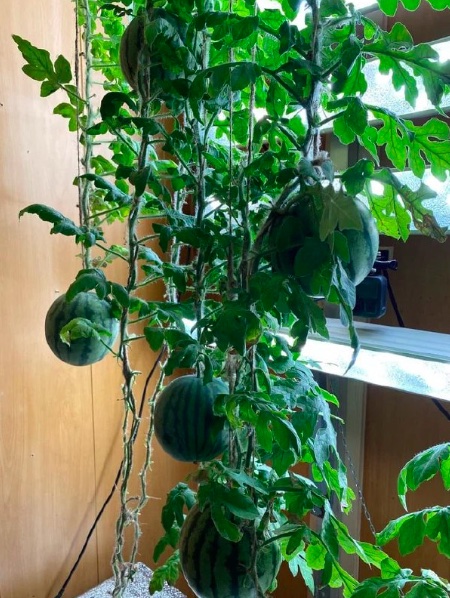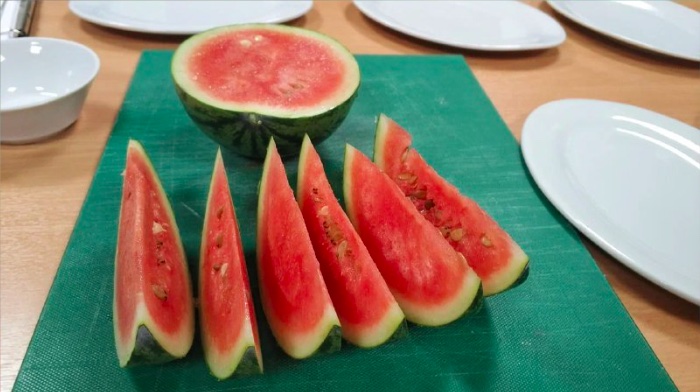According to Sputnik, scientists at the Russian Arctic and Antarctic Research Institute (AARI), along with colleagues at the Research Institute of Agricultural Physics and the Institute of Biomedical Problems of the Russian Academy of Sciences, have successfully completed the first experiment growing watermelons at the Vostok station in Antarctica.
Illustration: Sputnik
Specifically, polar explorers grew eight ripe and sweet watermelons in 103 days using soil-free panoponics technology.
“We managed to grow watermelons in the harshest conditions in Antarctica. The taste and aroma are no worse than those of homegrown watermelons. The melons were 13 centimeters in diameter and weighed 1 kilogram,” said geophysicist Andrey Teplyakov, who heads the project at the Vostok station, in an AARI statement.
Watermelon in Antarctica grown by Russian scientists. Photo: Telegram
When growing watermelons at Antarctica's Vostok station, specially selected thin soil substitutes, nutrient solutions and lighting are used. Photo: Telegram
AARI Director Aleksandr Makarov emphasizes that in addition to the scientific and practical benefits of having fresh fruits and vegetables, the project has a number of important additional benefits.
“The greenhouse at the station has a positive impact on the emotional state of polar explorers who spend months in isolation, in conditions of polar night, low temperatures and limited living space,” said Makarov.
The Russian research institute has also announced plans to develop technology for growing raspberries, blueberries and strawberries in Antarctica.
Ripe watermelon. Photo: Telegram
Experimental vegetable growing at the Vostok station called “Rastenia” (which means plant in Russian) has been underway since February 2020. Last season, Russia’s polar explorers grew about 28 kg of tomatoes and 9 kg of peppers.
Photo: Telegram
One of the goals of this experiment is to test plant growing technologies for a lunar base.
Vostok is Russia's only domestic research station in Antarctica that operates year-round. In July 1983, it recorded the lowest air temperature on the planet, at minus 89.2 degrees Celsius.
According to VNA/Tin Tuc Newspaper
Source link








































































































Comment (0)